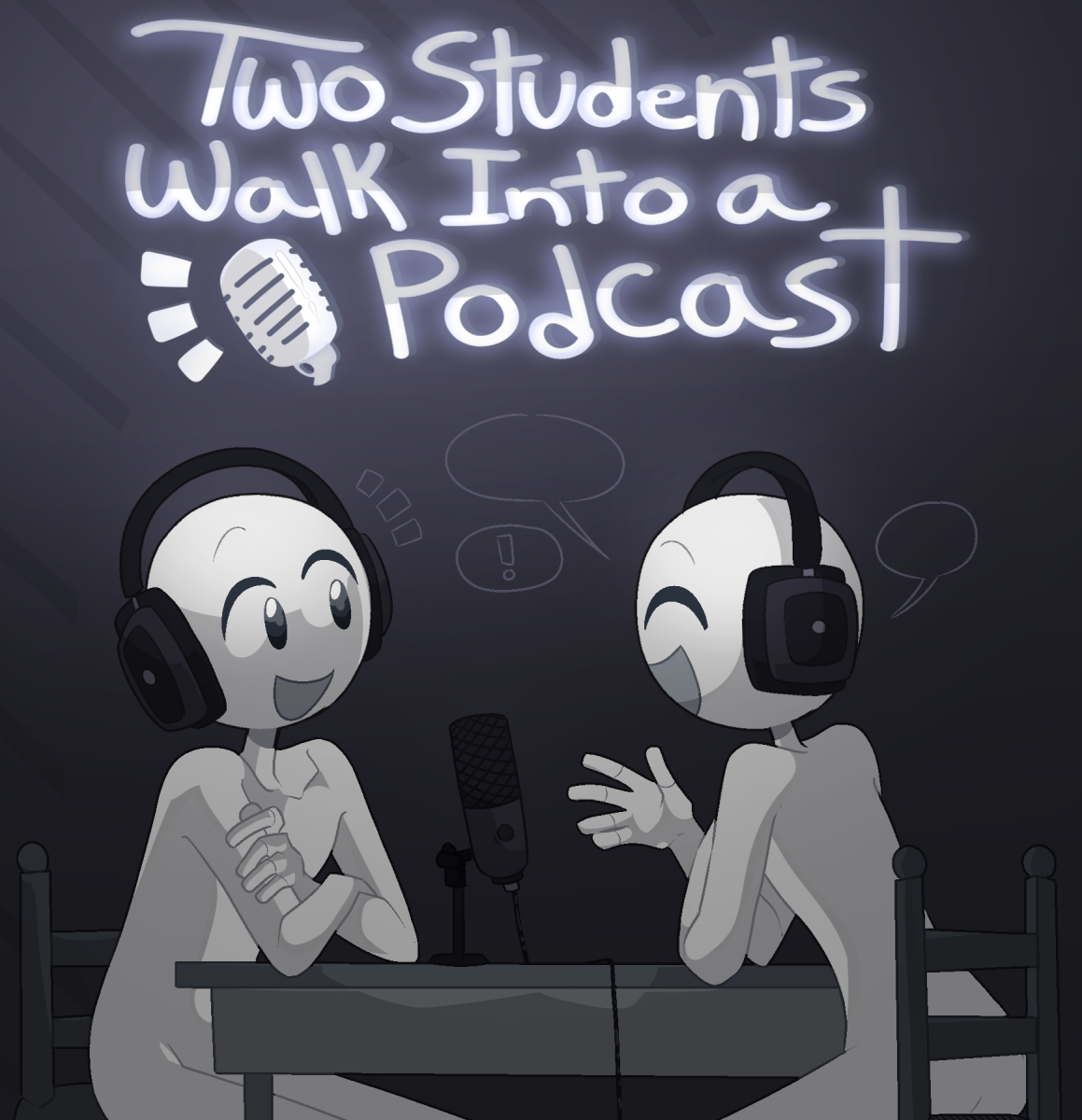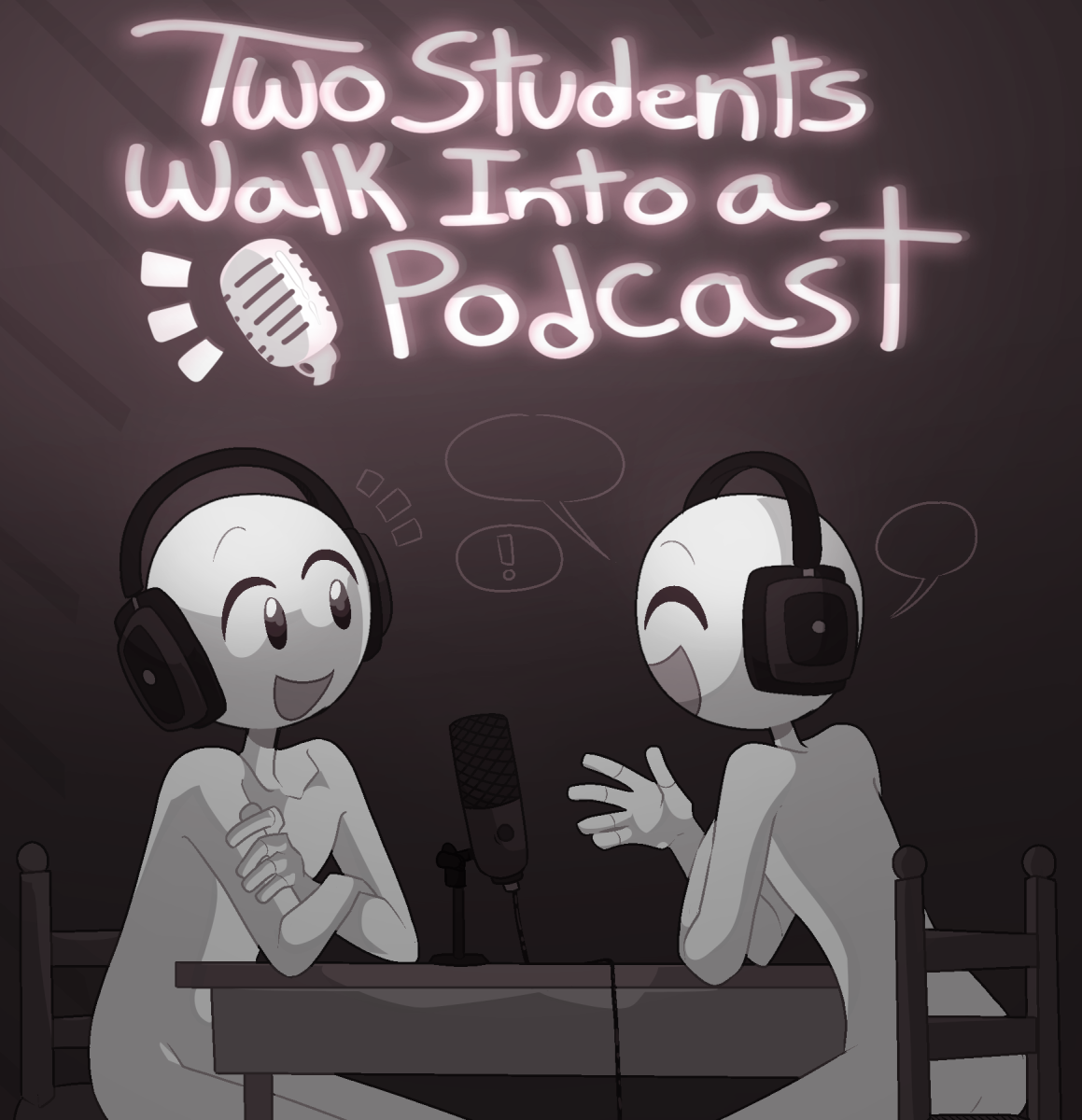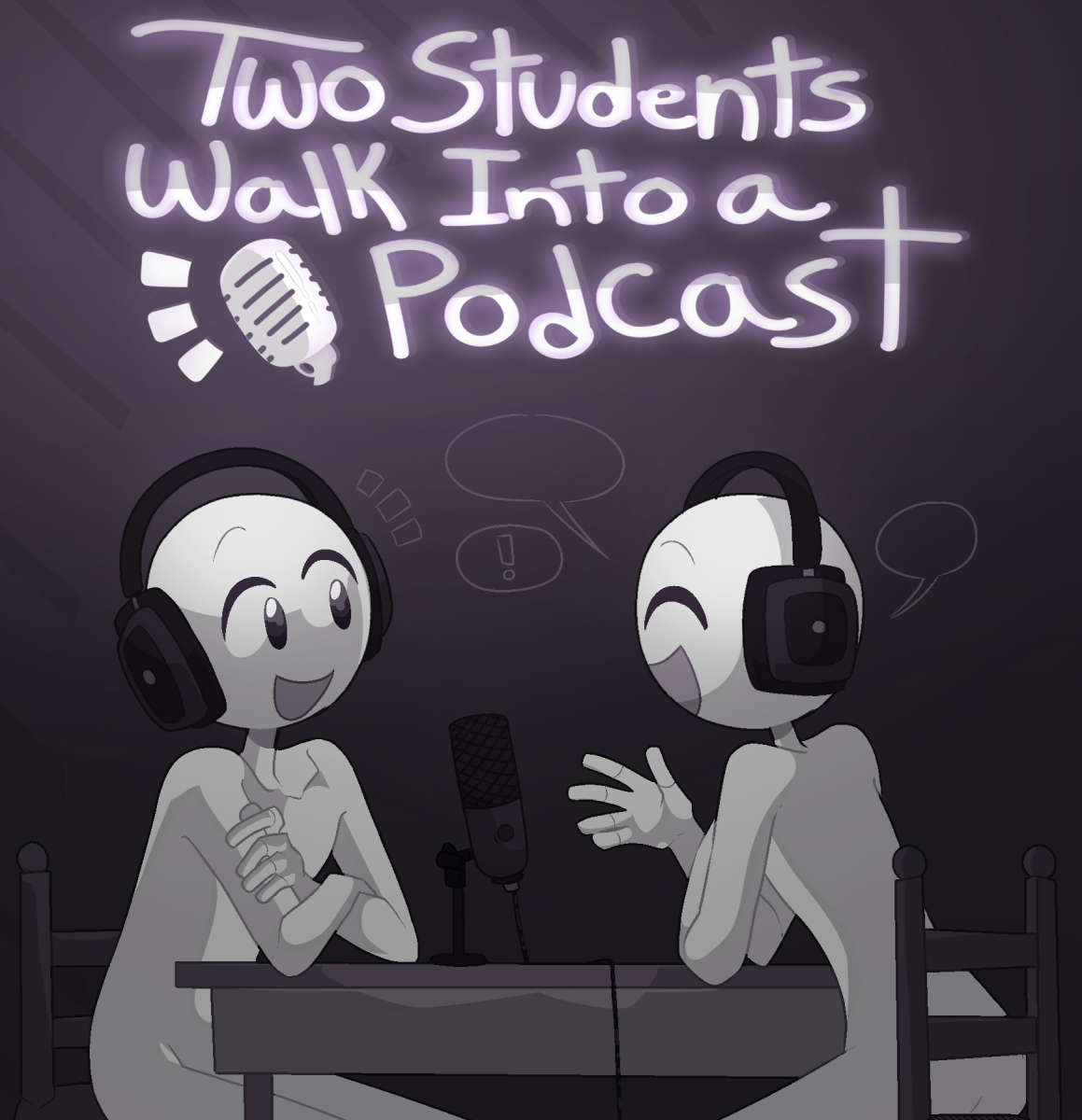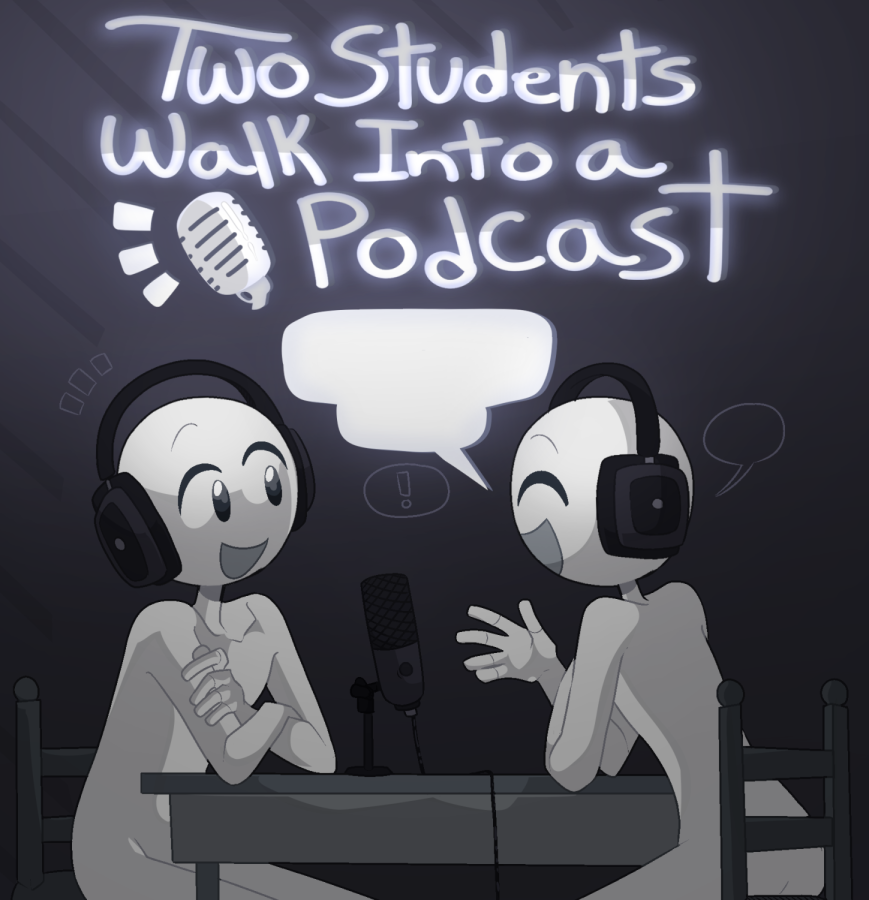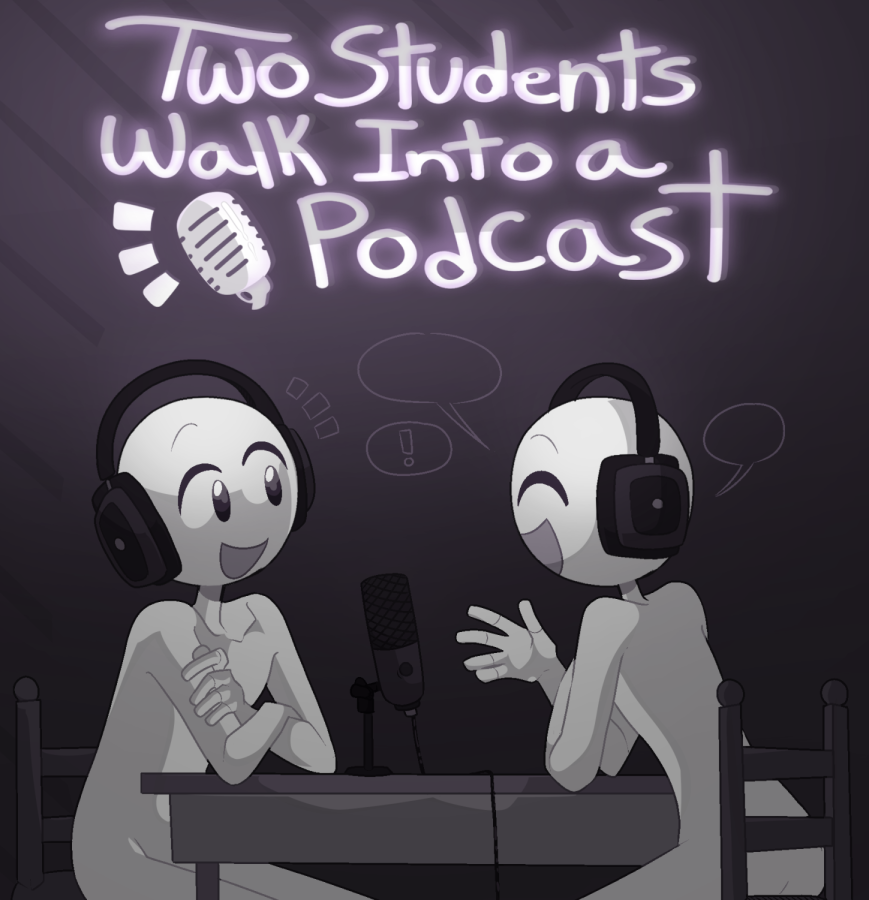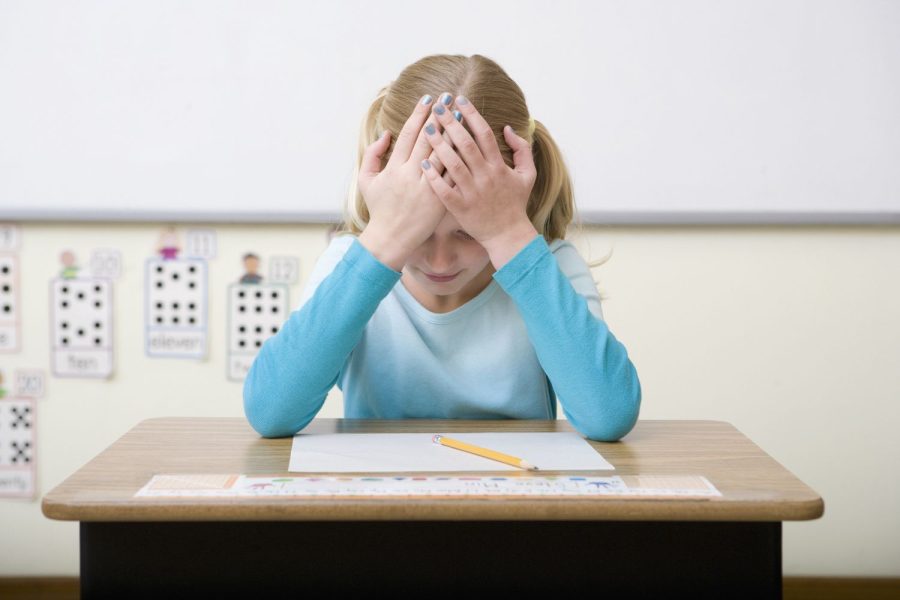Why Gifted Kids Fail in School
This will change the way you view education.
September 6, 2023
Gifted children are those who show exceptional ability when compared to other students of their age. The assumption many hold is that school is much easier for gifted children due to their heightened academic abilities, which on the surface is completely rational. However, this statement is only true for most gifted students until around the end of middle school. After this benchmark, many begin to fall behind.
The biggest factor that negatively affects gifted students is a lack of challenges. Throughout elementary and middle school, this group will surpass expectations with enormous ease. The vast majority of lessons taught will either already be known, or be easily picked up after one lecture. This dynamic leads to the student never learning how to learn, as well as becoming bored or disengaged from the classroom. Meanwhile, all the other students are developing learning skills that will be grown upon and applicable to their later lives.

In this sense, gifted students are, by definition, special needs. This idea may be quite rattling to many people, as the social connotation to the term “special needs” is that of a student who needs extra help to try and keep up with the rest of the group. Objectively looking at the term, however, gifted students similarly need extra assistance to prevent them from falling behind, only later in life.
Another contributing factor to the struggles of gifted children is social isolation. Gifted children often have unique interests, hobbies, or even just ways of thinking that may differ from the students around them. They may have trouble finding peers who can relate to their experiences. The lack of relatability to their fellow students can lead to severe cases of loneliness, alienation, bullying, and low self-esteem.
The pressure to perform at a high level is another factor that contributes to the struggles of gifted students. Many gifted children feel immense pressure to excel academically and live up to the high expectations set by their parents, teachers, or even their peers. This pressure can be overwhelming and often leads to high stress, anxiety, burnout, and depression. In some cases, students may even result to unhealthy coping mechanisms, such as self-harm or substance abuse. …gifted students are, by definition, special needs.
As you may have noticed, the struggles of gifted students begin around the same time as social constructs begin to take effect. This means that the way to help gifted students is not to wait for them to fall behind so that you can push them back up; rather it is to keep them challenged and socially involved. Admittedly, this is a very tricky balance to find, but many schools across the nation are doing their best to accommodate for gifted students’ needs. Enrichment programs within the school, pulling kids out to take harder classes, moving up a grade, and dedicated schools for gifted students are all methods commonly used to keep a gifted student challenged.
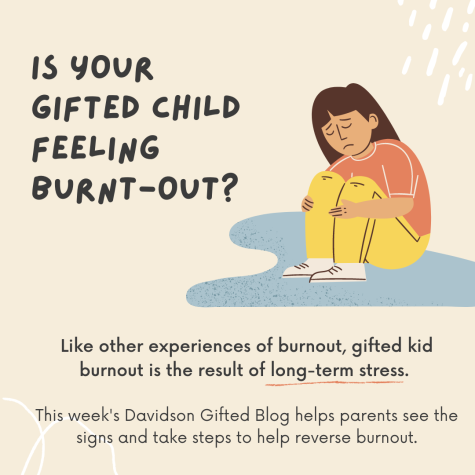
The problem with most of these is social isolation. Students who constantly receive special treatment will undoubtedly be seen as outcasts. However, the less you challenge the student, the more likely they are to disengage themselves from the learning environment.
Dedicated schools for gifted students seem like the perfect solution. Putting gifted children all in the same environment will challenge them without any social isolation. However, there is a major drawback in accessibility. Cost, distance, and isolation later in life are all quite big deterrents to the idea of dedicated gifted schools.
A gifted student who is untreated is far more likely to develop snowballing effects of alienation, laziness, poor work ethic, and depression due to falling short of expectations. To help prevent this crisis among our most exceptional youth, we need to remove stigma, and start treating the special needs of gifted students.




















